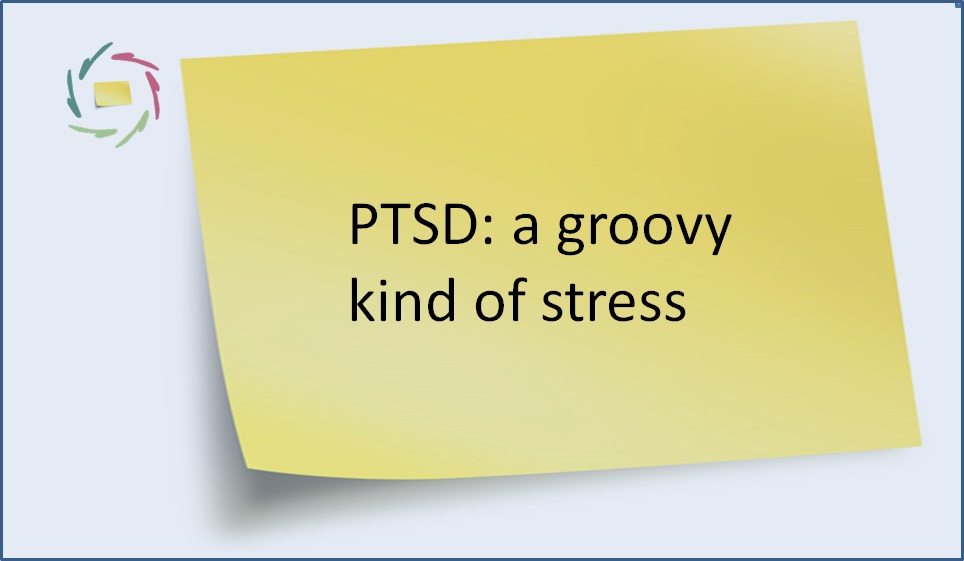What Defines a Stressful Event?

Stress is often defined by external events – like a big work project or an unexpected life change – but individual perception, shaped by deeper mental patterns, is key to determining what constitutes a stressful event.
By combining scientific understanding with AURELIS introspective tools, we can redefine stress and learn to manage it from within.
Theoretical perspectives on stressful events
To truly understand stress, it helps to consider several perspectives:
- Objective view: Stress is triggered by external events that disrupt life in major ways—death, divorce, or job loss.
- Subjective appraisal: Stress arises not just from the event itself but from how it is interpreted. The same event can be perceived differently based on one’s mental and emotional state.
- Physiological response: The body reacts automatically to perceived stressors, activating systems that prepare us for action. Yet in a modern context, these responses can become chronic and damaging.
- AURELIS perspective: Stress is not just a matter of how we consciously think about an event. Beneath the surface, our subconceptual mental processes play a vital role. These are the mental patterns that operate below our conscious awareness but influence how we experience life events. When these deeper layers of the mind are misaligned, stress can manifest physically and emotionally. From the AURELIS point of view, resolving stress requires reconnecting with these deeper mental patterns.
According to Sheldon Cohen and his colleagues [*]
The precise criteria for labeling something as stressful remain unclear. Different theoretical perspectives offer various ways to define stress, and each brings its own insights and limitations. These authors distinguish four perspectives on stressful events:
- Adaptation
This perspective defines stress as the degree of change or adaptation required by an individual. Major life changes – both positive (like marriage or vacation) and negative (like a job loss) – can be stressful because they demand adjustment. This approach also suggests that stress accumulates with each new event, contributing to an overall burden of adaptation.
- Threat or harm
In this view, stressful events are defined by the degree to which they pose a threat or cause harm to an individual. This includes factors like the intensity of the threat, its duration, and whether or not the event is within the person’s control. Research supports the idea that a single major event, if severe enough, can have a more significant impact on health than the cumulative effect of multiple less-threatening events.
- Demands exceed resources
A lack of control over decision-making or too many demands can lead to feelings of strain. This approach highlights that stress isn’t just about the event itself but about the individual’s sense of control—or lack thereof—in that situation. This perspective is particularly useful when analyzing work environments where people feel overwhelmed due to limited autonomy.
- Interruption of goals
Stress can also be seen as the interruption of essential life goals. Whether these goals involve maintaining physical safety, emotional well-being, or fulfilling one’s personal roles, anything that blocks these objectives can be considered a source of stress. For example, a person who experiences a significant setback in their career or relationships might feel stress because their goals for success or connection are disrupted. This perspective links closely with the idea that stress affects one’s sense of identity and self-esteem.
Integrating AURELIS: the deeper layers of stress
Whether it’s a need for adaptation, a perceived threat, or an interruption of goals, the way we process these challenges on a subconceptual level determines the extent to which they will affect us physically and emotionally.
For example, an event may require adaptation, but if the deeper self is aligned with the change, the stress might be minimal. Conversely, even a relatively minor event can cause significant stress if it triggers deeper, unresolved mental patterns. Autosuggestion, a core tool in AURELIS, provides a way to address these deeper layers, helping individuals realign their subconscious processes and reduce the negative impact of stress.
This approach leads not only to relief from stress but also to personal growth and enhanced well-being.
―
Bibliography
[*] Cohen S, Murphy MLM, Prather AA. Ten Surprising Facts About Stressful Life Events and Disease Risk. Annu Rev Psychol. 2019 Jan 4;70:577-597. doi: 10.1146/annurev-psych-010418-102857. Epub 2018 Jun 27. PMID: 29949726; PMCID: PMC6996482.


